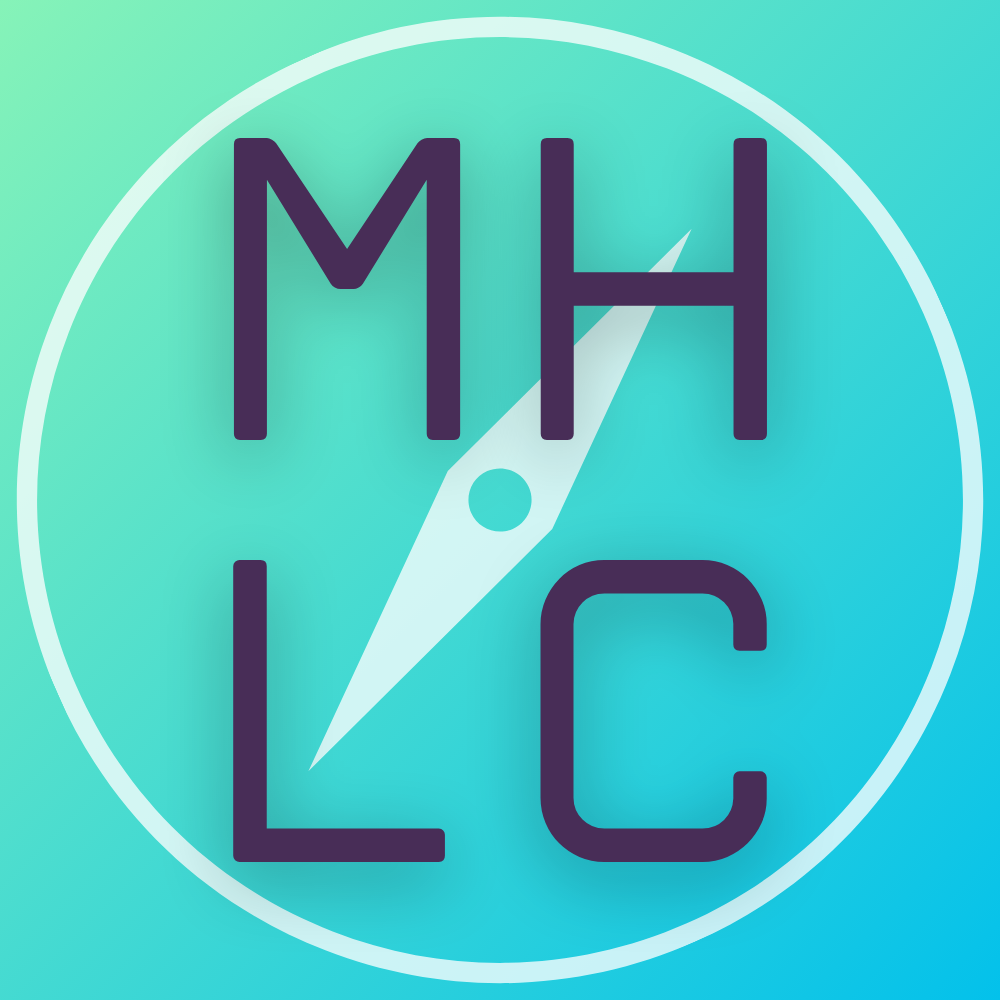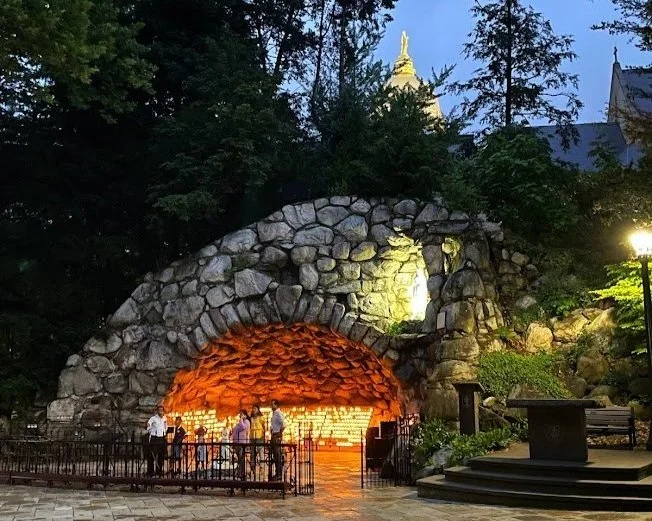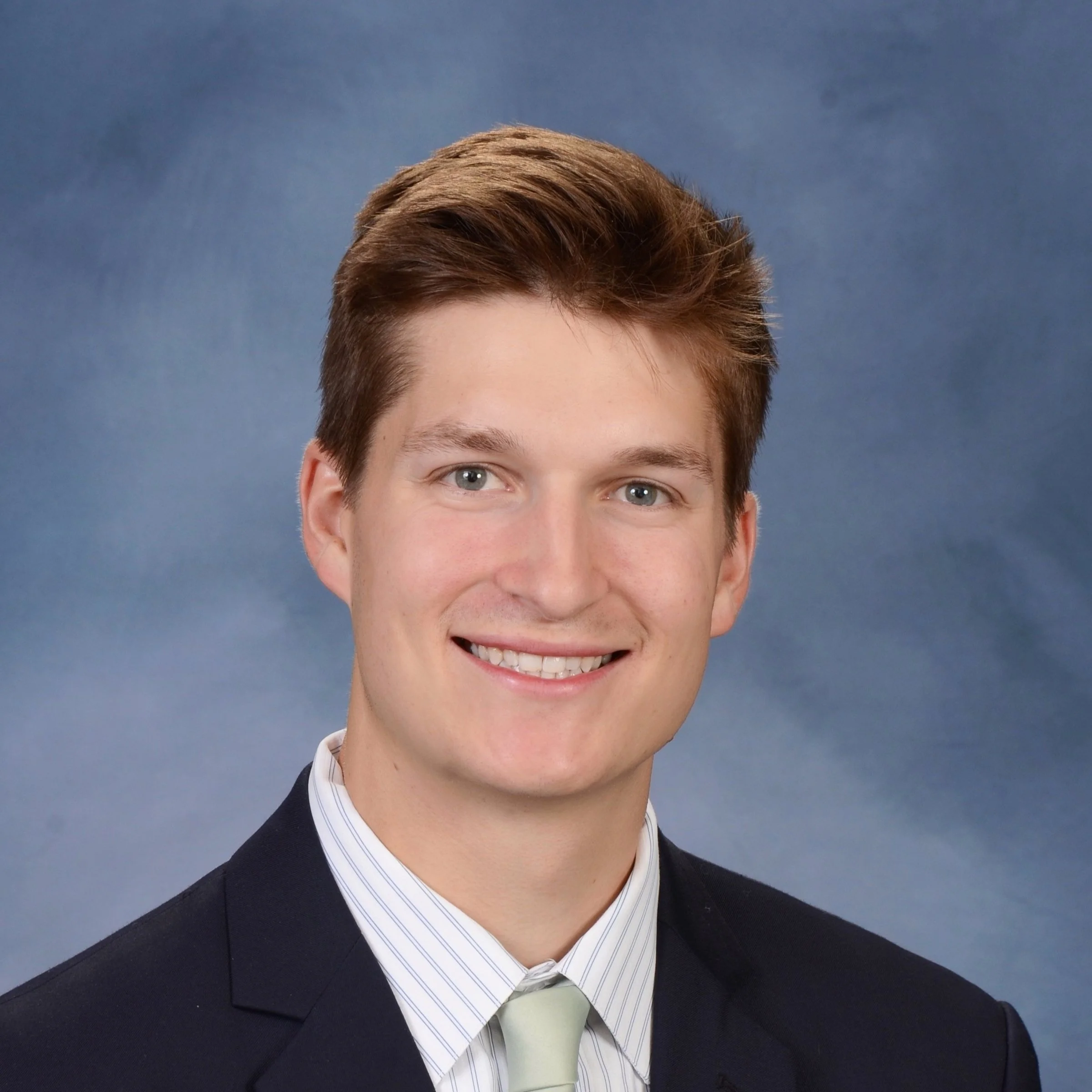MHLC Voice: Joe Jegier
If you would have told me five years ago that I would be an advocate for mental health literacy (MHL), which includes understanding mental illnesses, reducing stigma, and knowing when and how to seek help, I would have stood there in disbelief. At that time my mental health was suffering, and I had no awareness of basic concepts like anxiety or depression. But now, having emerged from the difficult process of crisis and healing, I am glad to spread a joyful message of hope to those who are suffering. I am happy to, now on the other side of healing and learning, advocate for mental health literacy so that more know how to foster positive, resilient mental health before problems arise.
When I grew up as a young boy in the 2000s, I was told to “man-up, toughen-up,” and “figure it out” (to an extent, not terrible advice). My unexplored life philosophy as an adolescent was like a misinterpretation of Emerson’s “Self Reliance” -- solve all your problems by yourself. I did not want to rely on others. I did not want to admit any mistake or failure. This is not to blame my parents -- they are wonderful. Instead, this is to say that I was mental health illiterate. Despite my successes in the classroom and as an athlete, when I went to college I had little self-awareness. This then led to my college crisis.
As a sophomore at the University of Notre Dame, I single-mindedly pursued success. As a varsity athlete, a Navy ROTC midshipman, and a recent transfer from the College of Engineering to the College of Arts and Letters, I had a lot going on. But that did not stop my drive for success and my aversion to failure. I settled for no less than perfect. Every sentence I wrote, every discus I threw, every 5am workout needed to be excellent. You could imagine the toll this takes, and when failure did eventually come, I was not ready for it.
Failure does not wait until we are ready for it.
At 19 years old I experienced failure, and I struggled. While I had always done well in school, now my grades took a turn for the worse. I was behind in my readings and my assignments. The snowball grew until it became an uncontrollable wrecking ball. My illusory image of confidence shattered.
I avoided my parents' calls. I stayed in my room, isolated. When others asked me if I was okay, I responded, “I’m alright.” I thought I could somehow fix it myself and make it work.
Isolation, shame, and a sense of failure kept me up at night. It felt like nobody would understand me. I felt all alone.
Turns out there is a name for this situation -- depression. I had never seen a therapist or counselor. I had never heard about ADHD. When a psychiatrist later diagnosed me with it, I tried my hardest to deny it—seeing it as a weakness, when in reality, it can be a strength.
I learned about depression (and positive mental health) in therapy. Speaking with this psychologist became a life-changing experience, beginning the healing process. During my first session, my therapist asked me, “Joe, what makes you tick?” To my astonishment, I had no answer. I hadn’t discovered my passions and hobbies, my drive or purpose, so I lacked a sense of meaning in my life. Therapy gave me a path to understanding myself and my desires.
The main shift in my mindset that I needed to make, and still need to make, is that I don’t need to be perfect. Once we stop trying to be perfect, we can start being good. I also realized that I do not need to solve every problem since life is not a series of problems to be solved.
Once I began exploring the newfound mental health landscape, I discovered abundant support. My college provided workshops on topics ranging from executive functioning to study habits to making friends to mindfulness. People welcomed me into their communities. I learned how to manage my health. Eventually, I realized that I could help others who were also going through this experience.
In college, I began writing for the school newspaper. I joined and later led a club on mindfulness. The university’s Center for Student Support and Care invited me to speak to students who were in the same situation I once experienced. I told them that there is hope. That, even though things are difficult now, they can get better.
Sharing my story and strategies to improve mental health became a rewarding enterprise, something I still continue today since the MHLC asked me to join their mission. In my career, I teach fifth grade and coach middle school soccer and basketball. I witness first-hand the gap in young people’s awareness about mental health topics and attempt to mentor these students toward a more wholesome lifestyle.
Although I benefited from my experience of pain and healing, I would have ideally learned about mental health before I ran myself into the ground. This is why mental health literacy is so important. Swarms of young people like myself face hardship and mental illness. Rates of anxiety and depression continue to rise. MHL must therefore be proactive. We should not wait until a crisis occurs. Instead, we should teach young people how to handle these situations. To do this, mental health literacy needs to be an essential component in our schools, communities, and families.
I share my story to show that there is hope beyond the struggle. There is hope in helping each other learn how to manage difficulties and overcome mental health challenges. With greater mental health literacy, we can build resilient, flourishing communities. Because when we care for ourselves and each other, we don’t just survive -- we thrive.
About the Author
Joe is currently an ACE Teaching Fellow, teaching in Detroit, MI and recently served on the MHLC Young Adult Advocacy Council as one of the four council leaders.
Learn more about Joe on Linkedin: https://www.linkedin.com/in/joe-jegier/


